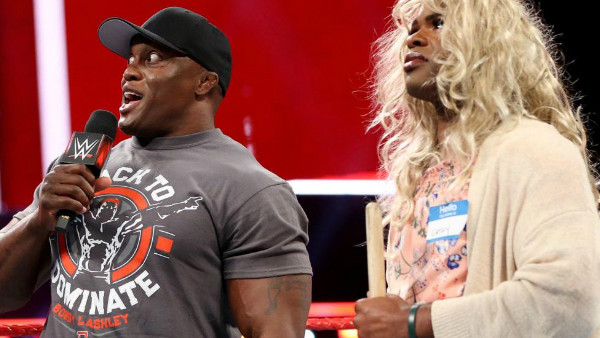What WWE Can Learn From UFC 229

But, irrespective of the moral ground upon which you stand, this was a play of compelling characters, of complex and heightened emotion fused with the elite level of sporting competition. Geopolitical tension; cheap heat; the most charismatic star versus the most technically proficient; a genuinely filmic narrative so conveniently effective that some observers suspected the work: this was pro wrestling, if not “sports entertainment”. WWE can emulate this.
But why don’t they?
Obviously, WWE cannot afford its own talent creative license to spew forth such controversial rhetoric. WWE is family-friendly entertainment, and nor should that change, from a business perspective. A lesson, however, can be learned.
Even if you sided with Conor in the aftermath—he “babyfaced himself”, according to one prominent wrestling journalist—you couldn’t remove yourself from the scene without feeling a degree of sympathy for Khabib, transgressive, ugly actions aside. This was a man provoked beyond his limit by the ultimate provocateur. We’ve all been Khabib at one point or another. We’ve all suffered verbal abuse. We’ve all played a rigged game we didn’t train for. We’ve all acted irrationally in the heat of the moment.
You’d have to be inhuman not to rise to Conor McGregor’s bait; or, more tellingly, you’d have to be a WWE Superstar.
Consider the recent WWE programme between Sami Zayn and Bobby Lashley. Zayn poked fun at and even disputed Lashley’s warm, family upbringing. He mocked up three dorks in drag to play the role of Bobby’s Sisters. You don’t mess with a man’s family— unless you are Bobby Lashley in his John Cena clone guise.
Lashley interrupted the scene and told Sami that the whole thing was “hilarious”. “This is great, I love it, and I thank you for doing this for me. You couldn’t have been any better of a friend, Sami. Thank you,” he said, in that softly-spoken voice of his. In effect, what Bobby Lashley said on the May 21 RAW was “sticks and stones may break my bones, but words can never hurt me”—and we were meant to take him seriously as a pseudo-combat athlete.
CONT'D...(3 of 4)